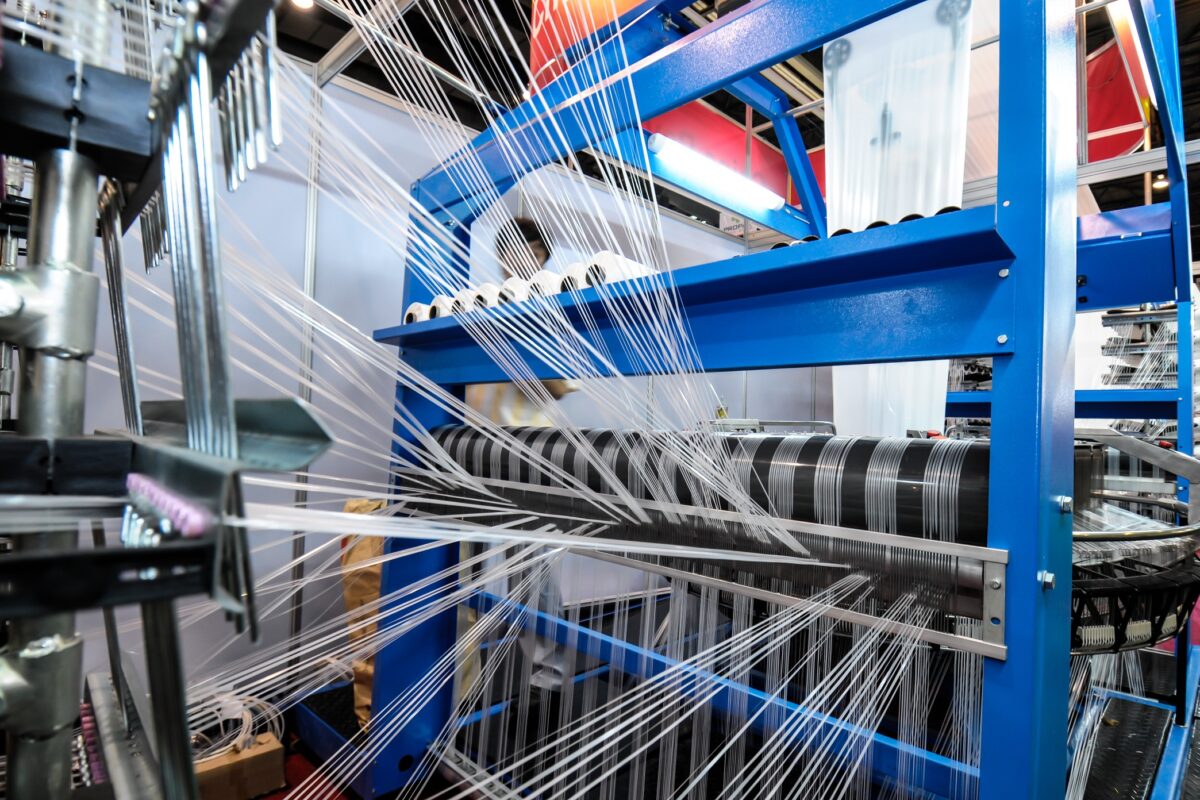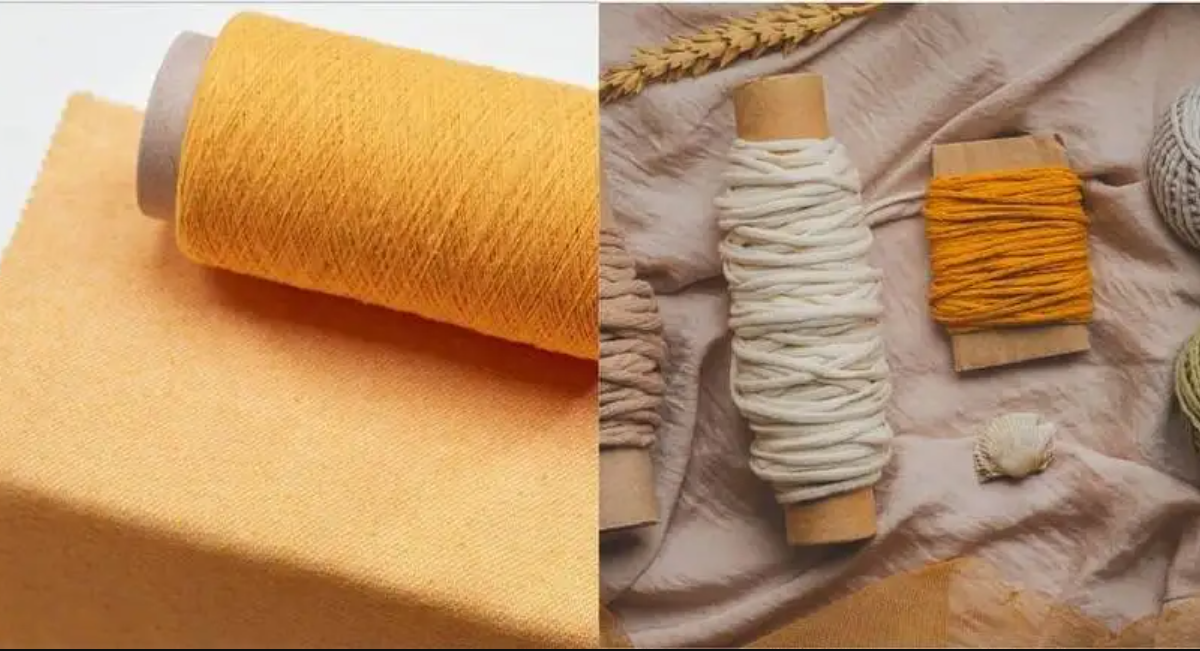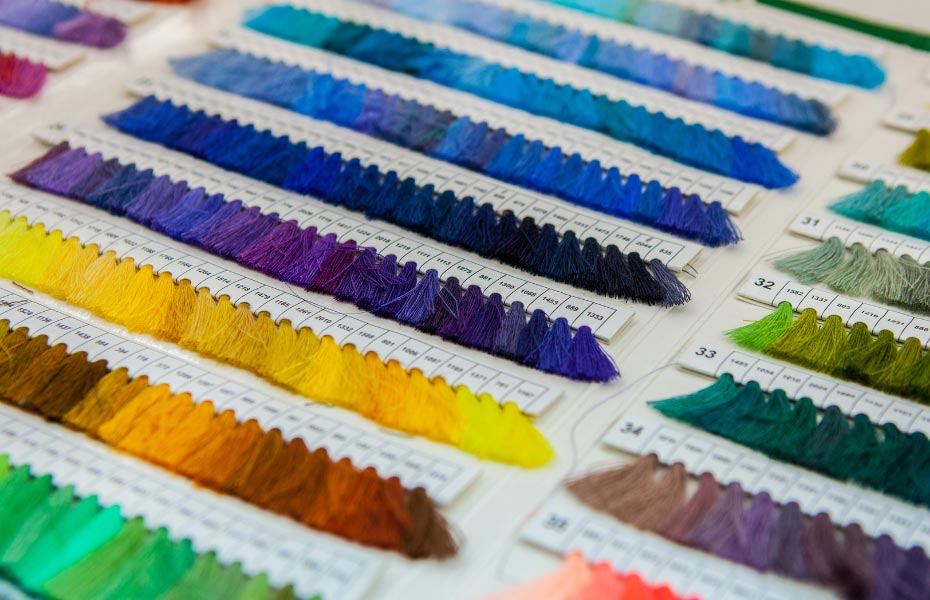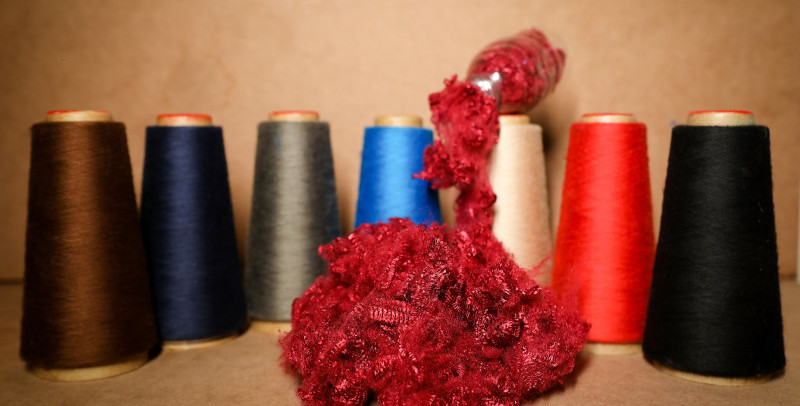As a leading recycled knitting yarn manufacturer, KS Spinning Mills is revolutionizing the textile industry by transforming pre-consumer waste into high-performance, sustainable yarns that meet the growing demand for eco-friendly textile solutions.
The Genesis of Recycled Knitting Yarns
Our innovative manufacturing process begins with carefully sourced pre-consumer textile waste. Unlike traditional yarn production, we take discarded cotton and polyester fibers and give them a second life through our advanced recycling techniques.
Our Unique Recycling Approach
- Fiber Sorting: Precise classification of textile waste
- Mechanical Deconstruction: Breaking down fibers without chemical processes
- Blending: Creating consistent, high-quality yarn mixtures
- Spinning: Transforming recycled fibers into premium knitting yarns
Technical Advantages of Our Recycled Knitting Yarns
- Enhanced Durability: Our recycling process maintains fiber strength
- Consistent Color Performance: Advanced blending techniques ensure uniform coloration
- Reduced Environmental Impact: Up to 60% lower carbon footprint compared to virgin yarn production
Certification and Quality Assurance
KS Spinning Mills stands behind its recycled knitting yarns with:
- Global Recycled Standard (GRS)
- Recycled Claim Standard (RCS)
- OEKO-TEX® STANDARD 100
- ISO 9001 Quality Management
Applications Across Industries
Our recycled knitting yarns excel in:
- Apparel manufacturing
- Sportswear
- Home textiles
- Accessories
Sustainability Metrics
- 100% pre-consumer recycled content
- 40% reduction in water usage
- 50% lower energy consumption
- Zero-waste manufacturing approach
Looking Forward: Innovation in Sustainable Yarn Manufacturing
As a pioneering recycled yarn manufacturer, we continue investing in research and development to push the boundaries of sustainable textile production.
Contact KS Spinning Mills to explore how our recycled knitting yarns can transform your product line.




